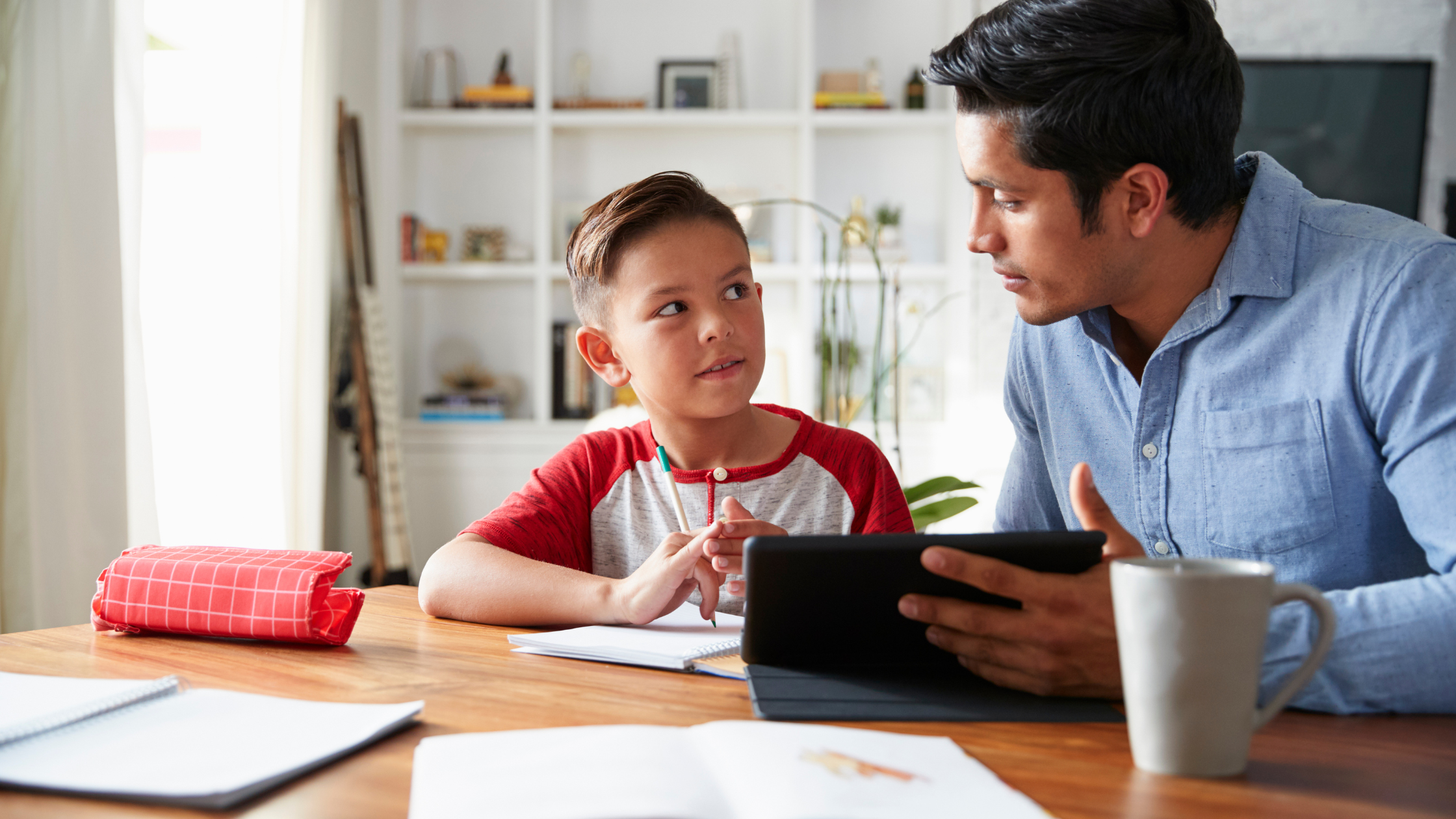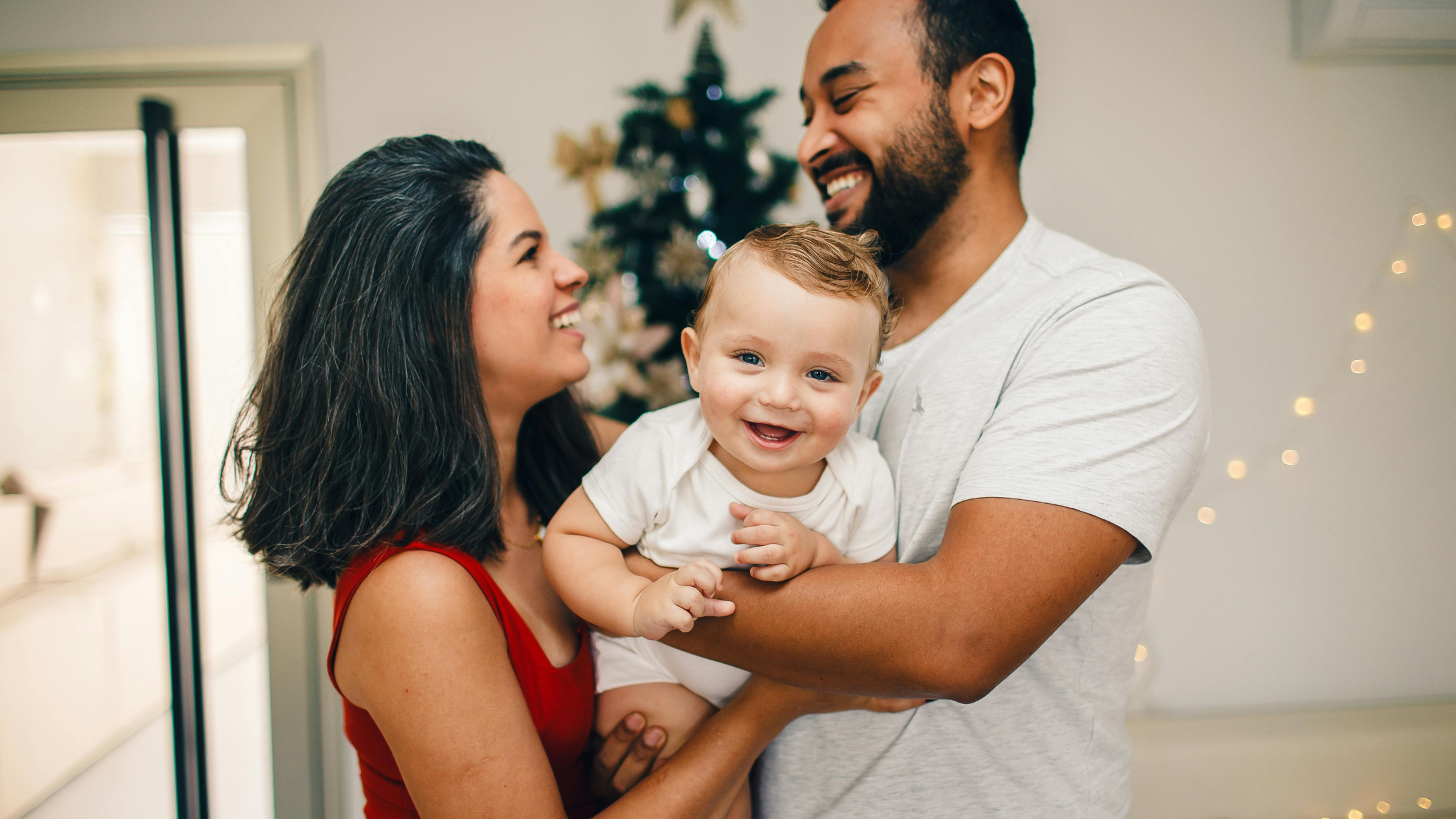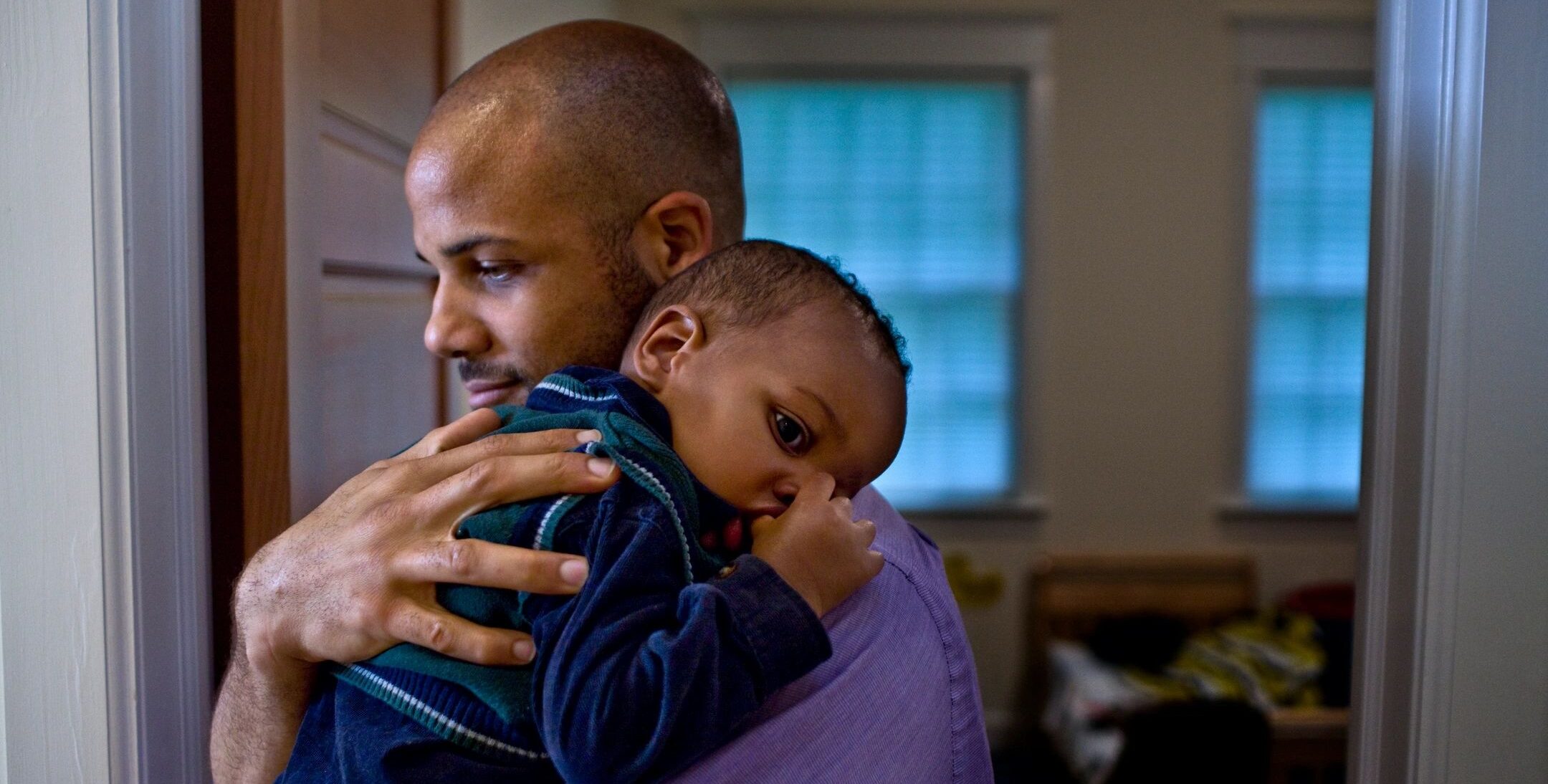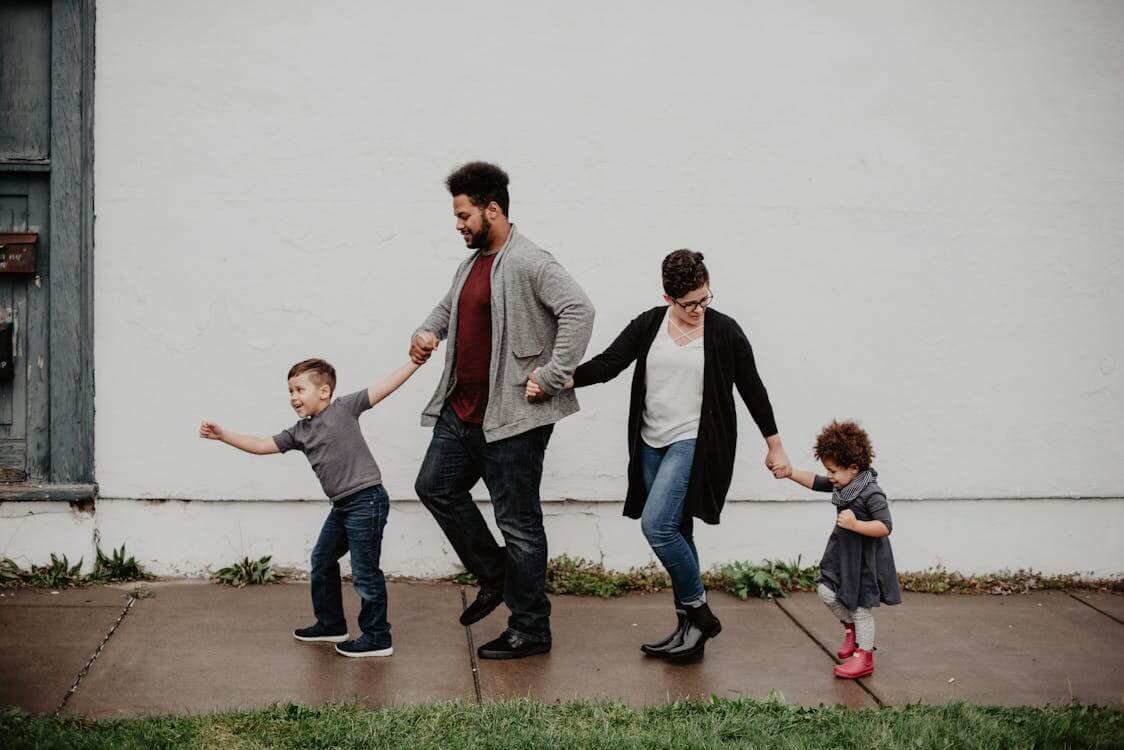As parents, we want to protect our children and set them up for success. But what happens when our involvement in their lives becomes too much? That’s where the concept of overparenting—often called helicopter parenting—comes in.
Overparenting is when a parent becomes overly involved in their child’s life in ways that limit the child’s independence. It’s well-meaning but developmentally inappropriate. Instead of supporting autonomy, overparenting takes over decision-making, problem-solving, and even emotional experiences that children need to manage on their own to grow. (If you would like to learn more, listen to the Reflective Parenting Podcast here)
A new study published in Development and Psychopathology took a closer look at this parenting style and asked an important question: Is over-parenting linked to kids feeling more anxious, depressed, or emotionally overwhelmed?
What Was the Purpose of the Study?
The researchers wanted to understand whether overparenting leads to more mental health issues in children and young adults. Previous studies had shown mixed results—some found a connection between overparenting and anxiety or depression, while others didn’t. This new study aimed to make sense of it all by combining findings from many studies.
How Did They Do It?
The researchers conducted a meta-analysis—a scientific method that combines the results of many studies to look at the big picture. They analyzed data from 52 studies involving more than 20,000 young people between the ages of 12 and 25. These studies examined how overparenting related to symptoms of depression, anxiety, and internalizing problemslike stress and emotional dysregulation.
They also looked at whether factors like culture, income level, the gender of the parent or child, and whether the child or parent reported the behavior made a difference in the outcomes.
What Did They Find?
The study found that overparenting is linked to more depression, anxiety, and emotional struggles in kids and young adults. Specifically:
-
Kids with overinvolved parents were more likely to feel depressed (r = .15)
-
They were more likely to feel anxious (r = .14)
-
They also showed more internalizing symptoms like stress or emotional dysregulation (r = .19)
While these numbers are considered small to moderate effects, they were statistically significant, meaning they’re unlikely to be random.
Interestingly, the negative effects were stronger when children (not parents) reported on their experiences. This suggests that parents may not always realize how their actions are perceived. Also, the relationship was slightly stronger in families from racial minority backgrounds.
Why Over-parenting Affects Mental Health: Self-Determination Theory
To understand why over-parenting impacts a child’s mental well-being, the researchers looked to Self-Determination Theory (SDT)—a well-known psychological framework. According to SDT, all humans have three basic psychological needs:
-
Autonomy – feeling in control of your own life
-
Competence – feeling capable and effective
-
Relatedness – feeling connected to others
When parents constantly take over, solve problems, or control decisions, it can undermine a child’s sense of autonomy and competence—even if the parent-child relationship feels close. Over time, this imbalance can lead to frustration, low confidence, and mental health struggles like anxiety or depression. In other words, when kids aren’t given the chance to learn, grow, and fail safely, their psychological needs aren’t fully met.
So, What Does This Mean for Parents?
Overparenting, while often rooted in love, may unintentionally interfere with a child’s development of independence, resilience, and emotional regulation. When children don’t get the chance to try, fail, and recover on their own, it can lead to feelings of helplessness or low confidence.
Overparenting can unintentionally block a child’s ability to meet three essential psychological needs: autonomy, competence, and relatedness. When these needs aren’t supported, it can harm a child’s confidence, emotional regulation, and mental health over time.
Here’s how it can look in everyday life:
-
Limiting Autonomy:
When parents make most choices for their child—like picking their clothes, handling conflicts with friends, or deciding how they should spend their free time—they send the message: “You can’t be trusted to make decisions.”-
For a younger child: Not letting a 5-year-old choose their own outfit, even if it’s mismatched.
-
For an older child: Telling a teenager exactly which activities they must do after school without asking for their input.
-
-
Limiting Competence:
When parents constantly step in to fix problems, redo tasks, or offer too much help, kids may start to believe they aren’t capable of doing things on their own.-
For a younger child: Finishing a 7-year-old’s homework for them because it looks “messy” or “wrong.”
-
For an older child: Editing every part of a high schooler’s college essay instead of letting them write and improve it themselves.
-
-
Limiting Relatedness:
Even though overparenting is often motivated by love, it can sometimes make kids feel controlled rather than connected. Children need to feel loved for who they are—not just when they succeed or meet expectations.-
For a younger child: Only showing excitement or approval when the child behaves “perfectly” (and withdrawing affection when they don’t).
-
For an older child: Criticizing a teen’s choices (like their music, friends, or interests) in a way that makes them feel misunderstood or judged rather than accepted.
-
Over-parenting Self-Check
Ask yourself honestly:
- Do I often solve problems for my child that they could handle on their own?
- Do I make decisions for them instead of helping them make their own?
- Do I step in quickly to prevent them from feeling discomfort or failure?
- Do I closely monitor their schoolwork or social life, even when they haven’t asked?
- Do I speak for them in situations where they could advocate for themselves?
- Do I worry they won’t succeed unless I manage the details for them?
If you checked off several of these, you might be leaning into over-parenting territory.
Advice to Help Parents Identify or Avoid Overparenting:
This study doesn’t say parents should back off entirely—it’s about finding a balance. Kids need guidance and support and the space to build confidence by doing things on their own.
The goal isn’t to raise perfect kids—it’s to raise capable, resilient ones.
Overparenting often comes from love and concern, but can unintentionally harm your child’s development of autonomy and competence.
Ask Yourself:
- Am I doing something for my child that they could do themselves?
- Do I step in to prevent discomfort rather than helping them build resilience?
- Am I afraid of my child making mistakes?
Support Autonomy:
- Encourage decision-making and problem-solving.
- Allow your child to experience manageable struggles.
- Celebrate effort and independence, not just outcomes.
Be Aware of Your Stress or Anxiety:
- Parents under stress may engage more in overparenting. Take care of your own well-being so you can better support your child’s development.
Consider Your Child’s Perspective:
- Ask them how they feel about your involvement.
- Encourage open conversations about their need for space and independence.
Try to balance support and freedom. It’s not about withdrawing support—it’s about adjusting how you support as your child grows.














